Introduction
On April 12, 2025, Gabonese citizens participated in a pivotal presidential election, the first since the 2023 military coup that ended the Bongo family’s 55-year rule. This election was seen as a significant step towards democratic governance and political stability in the oil-rich Central African nation.
Key Candidates and Campaigns
The election featured four main candidates, with General Brice Oligui Nguema, the leader of the 2023 coup and transitional president, as the frontrunner. Running as an independent, Nguema campaigned on promises of reform and economic diversification under the slogan “We Build Together.” His closest rival was former Prime Minister Alain Claude Bilie By Nze, representing the Ensemble pour le Gabon party. Other candidates included Joseph Lapensee Essingone and Dr. Stephane Germain Iloko Boussengui. The East African
Election Day: High Turnout and Peaceful Voting
The election witnessed a voter turnout of 70.4%, the highest since 1993. Polling stations across the country, including the capital Libreville, reported long queues and a peaceful voting process. Election observers from civil society organizations noted satisfactory conditions and high transparency in most polling stations. AP News

Results: A Landslide Victory for Nguema
According to provisional results announced by the Interior Minister, Brice Oligui Nguema secured a decisive victory with 90.35% of the vote. His main opponent, Bilie By Nze, received only 3.02%. Nguema’s victory grants him a seven-year term as president, as established by a new constitution approved in November 2024. While the election was largely peaceful, Bilie By Nze criticized the process, alleging misuse of state resources and lack of transparency. Reuters
Implications for Gabon’s Future
Gabon, despite its wealth in natural resources like oil, gold, and timber, faces significant challenges, including poverty and unemployment. Approximately one-third of its 2.3 million citizens live below the poverty line. Nguema’s administration has pledged to address these issues by implementing reforms and ensuring equitable distribution of the country’s wealth. However, concerns remain about the depth of political transformation, given Nguema’s close ties to the previous regime.
Conclusion
The 2025 presidential election marks a new chapter in Gabon’s political landscape. Brice Oligui Nguema’s overwhelming victory reflects a desire for stability and reform among the populace. As Gabon embarks on this new journey, the international community and its citizens will closely monitor the government’s actions to ensure that promises of change translate into tangible improvements in governance and quality of life.


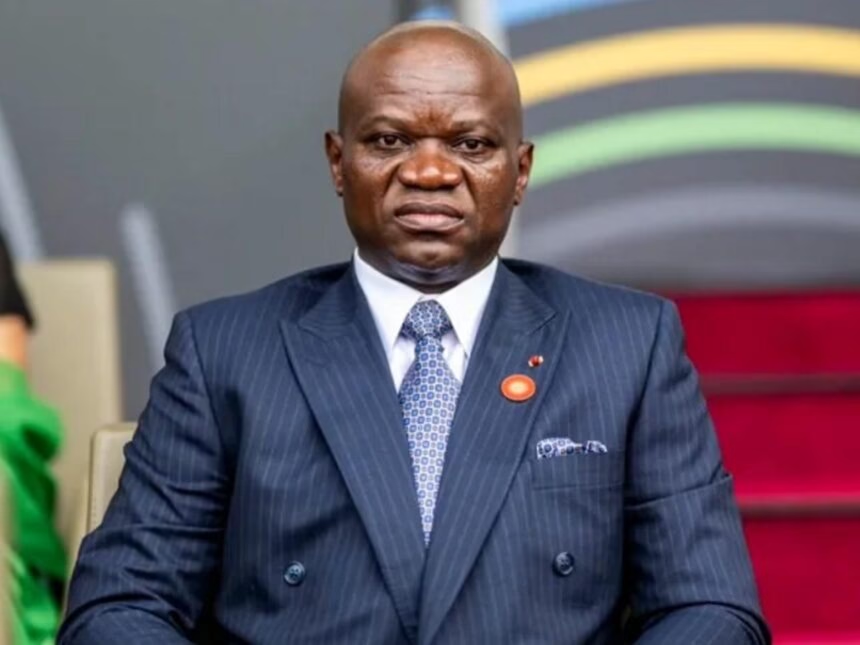
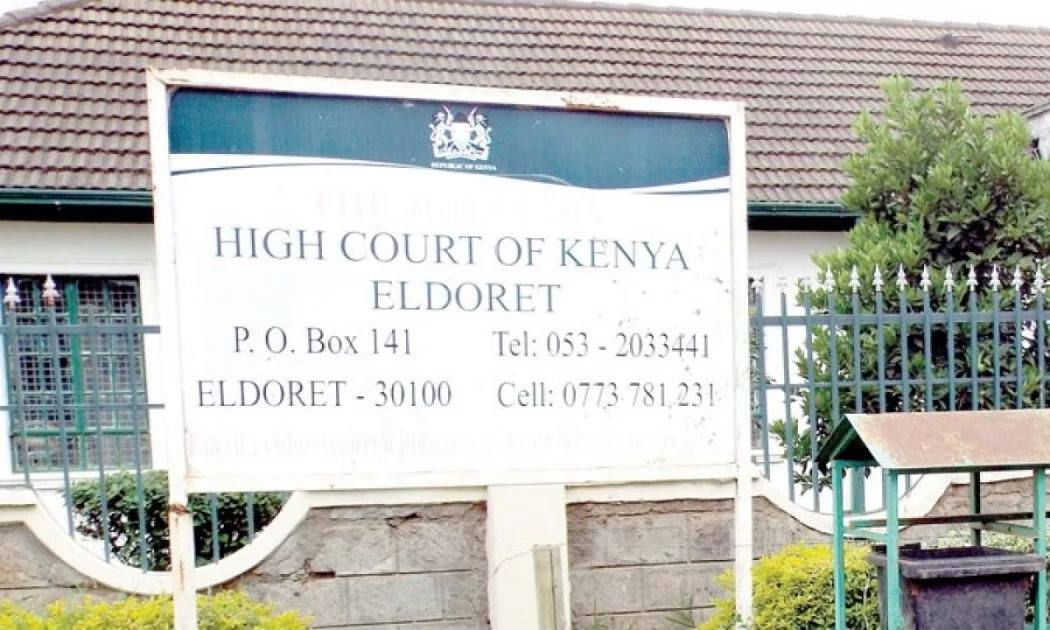
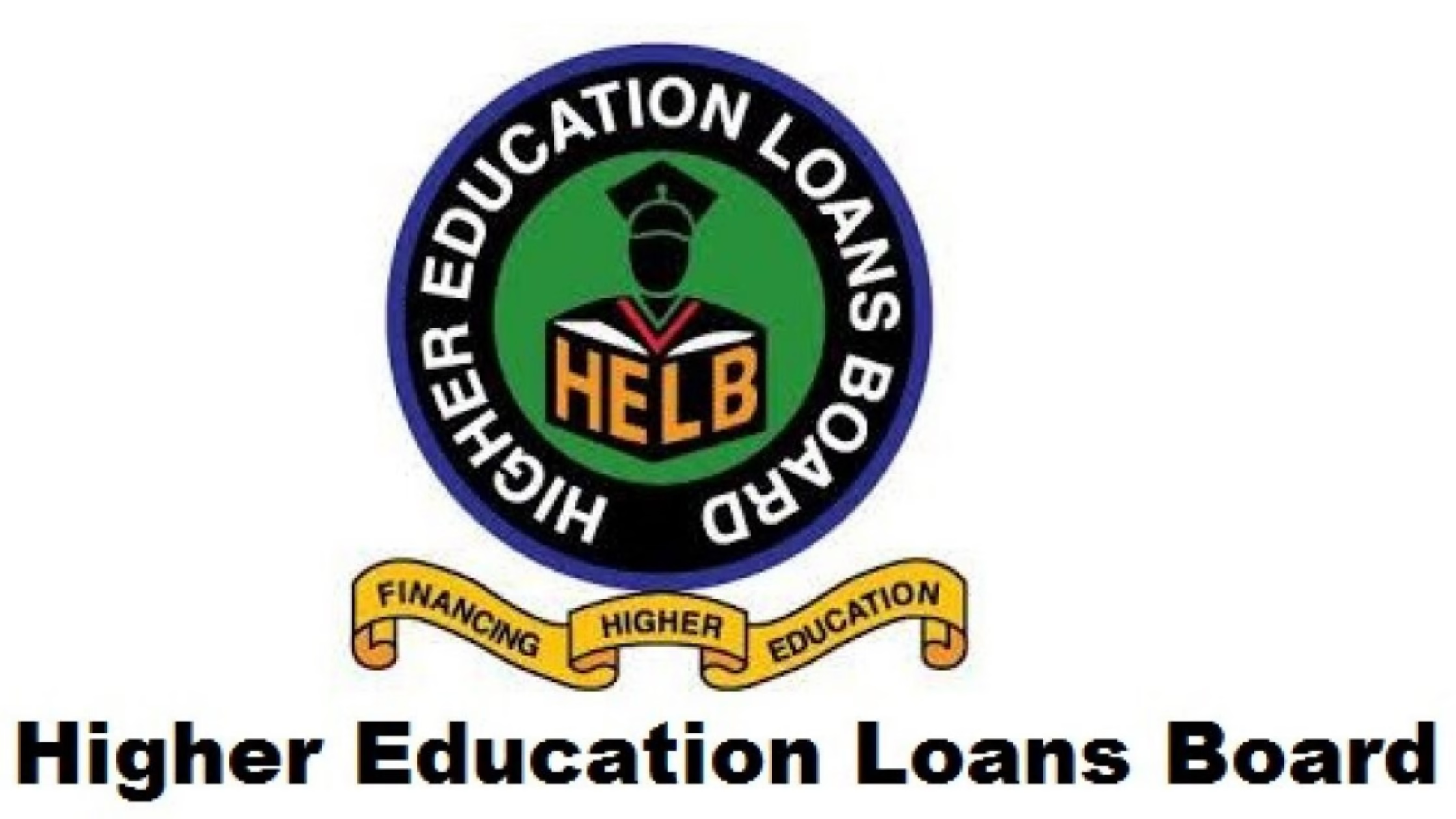
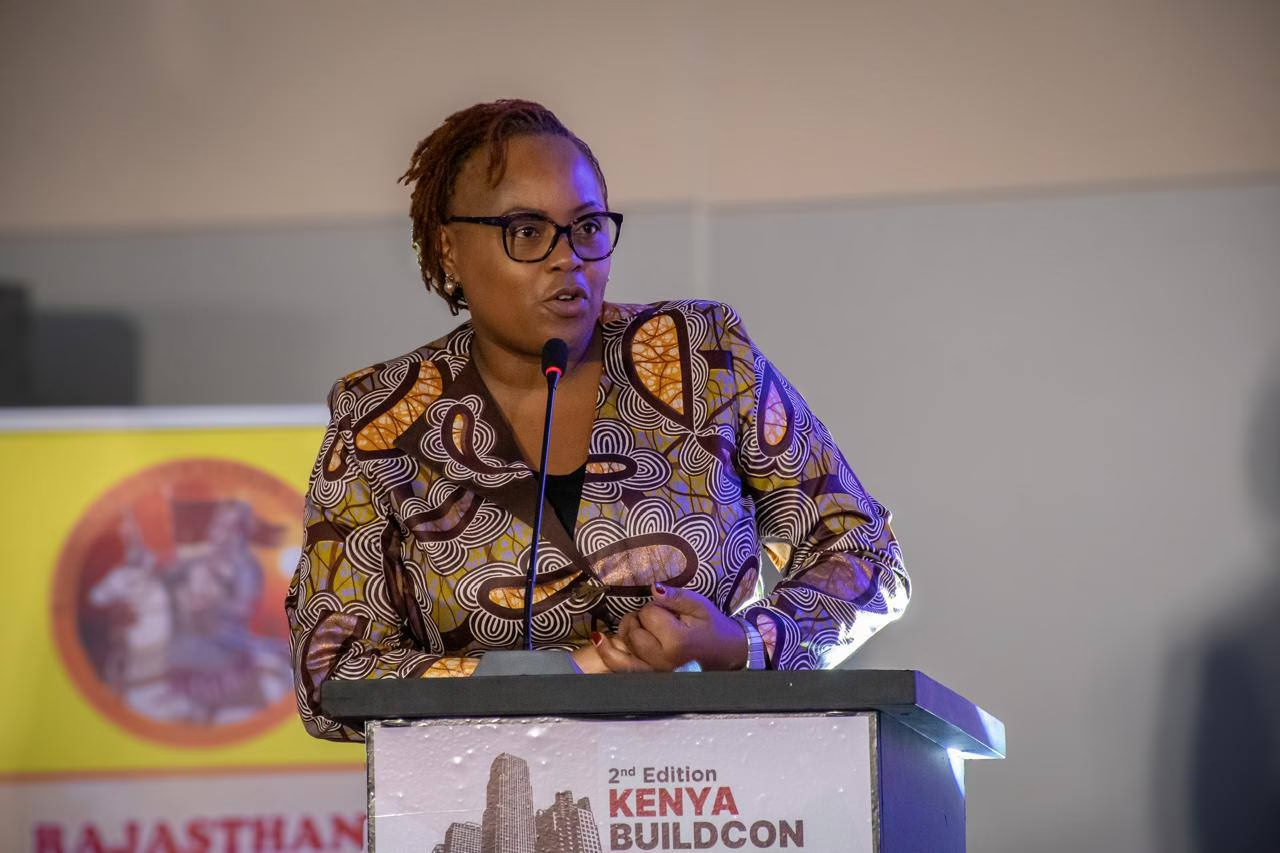
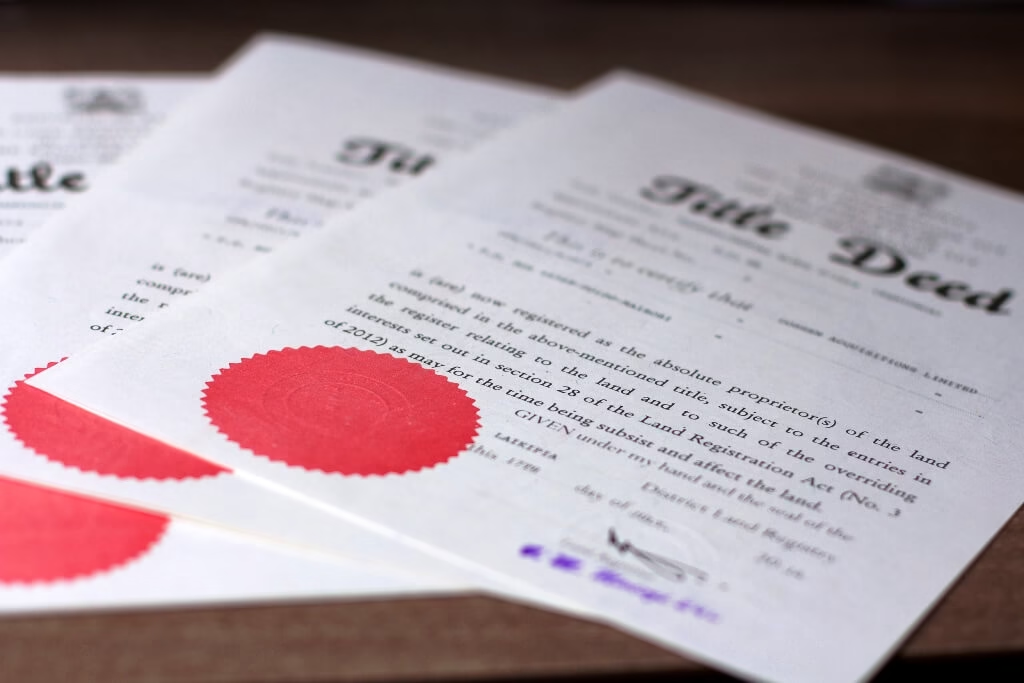
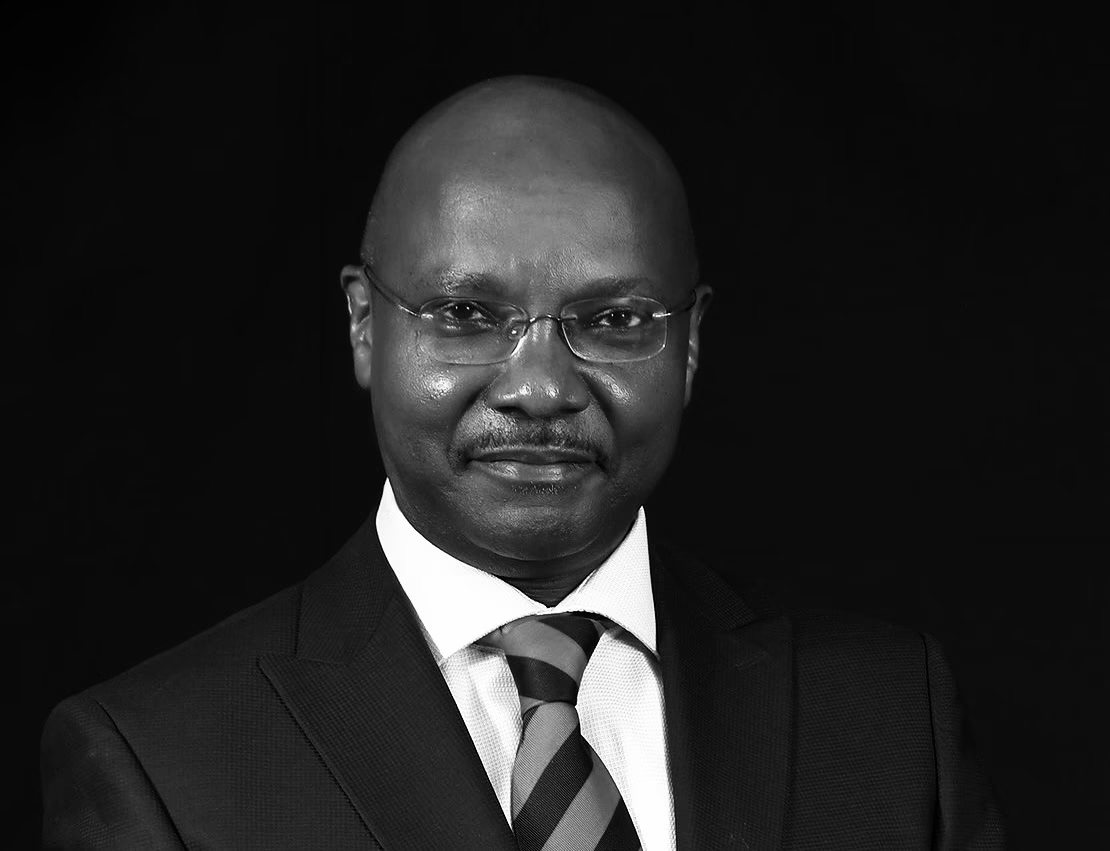
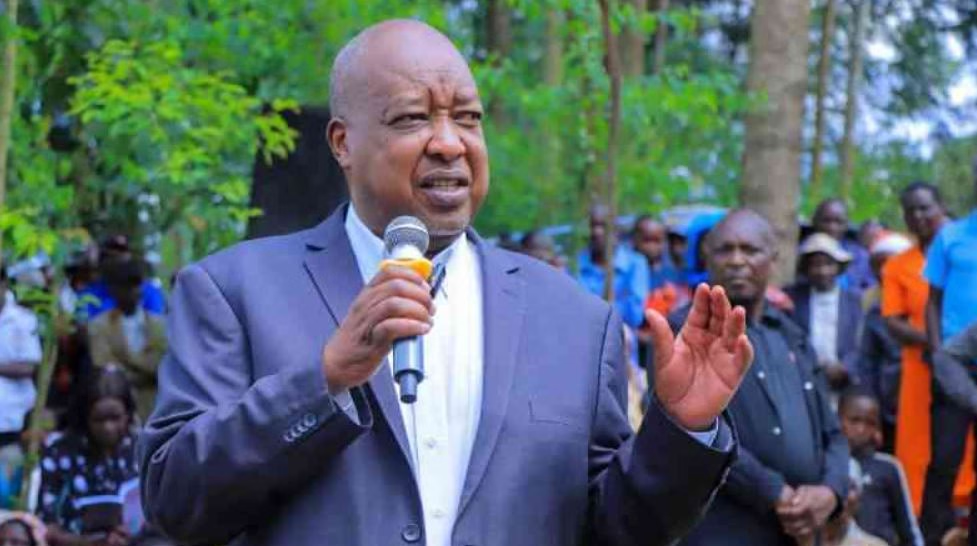
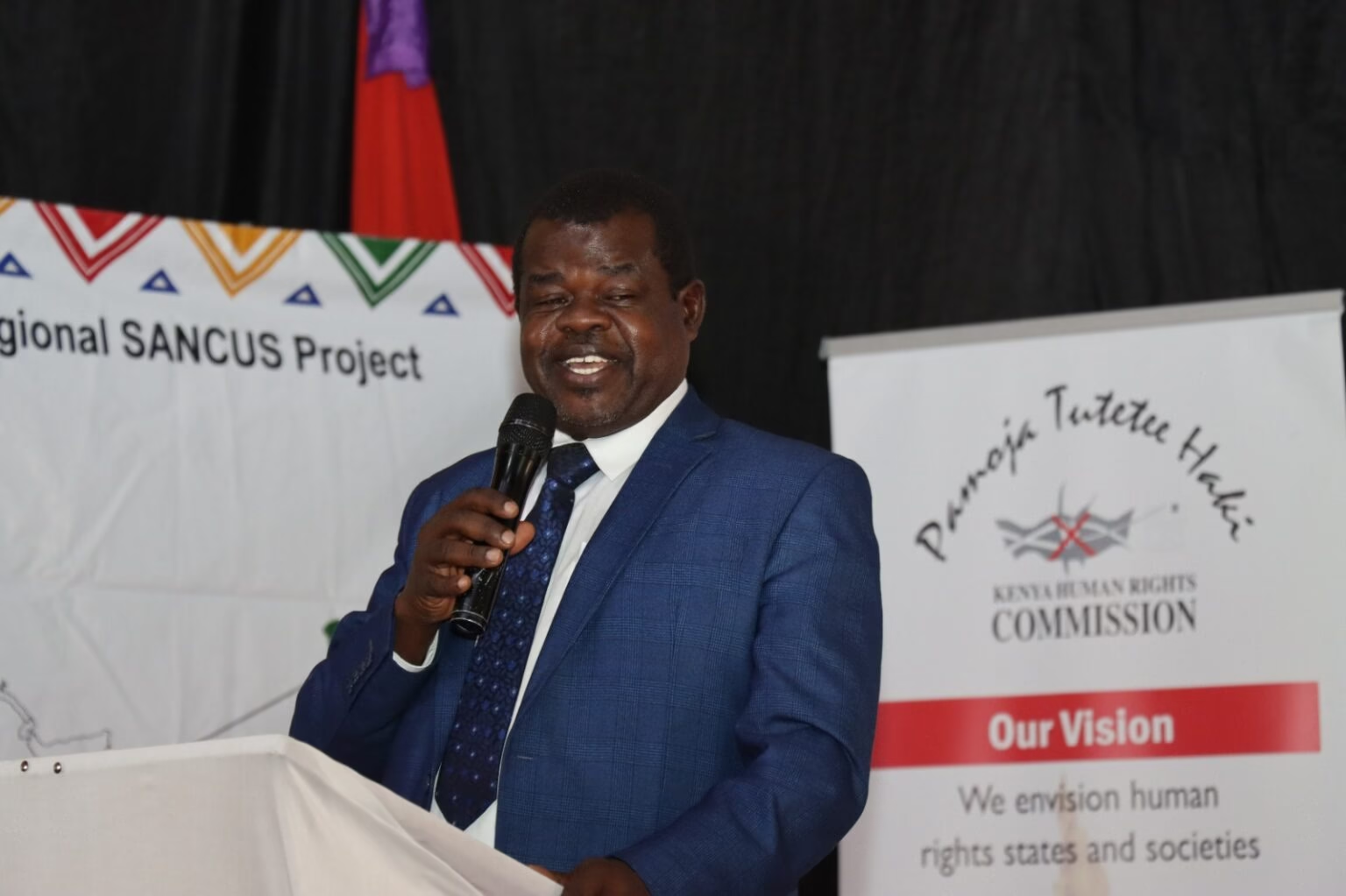
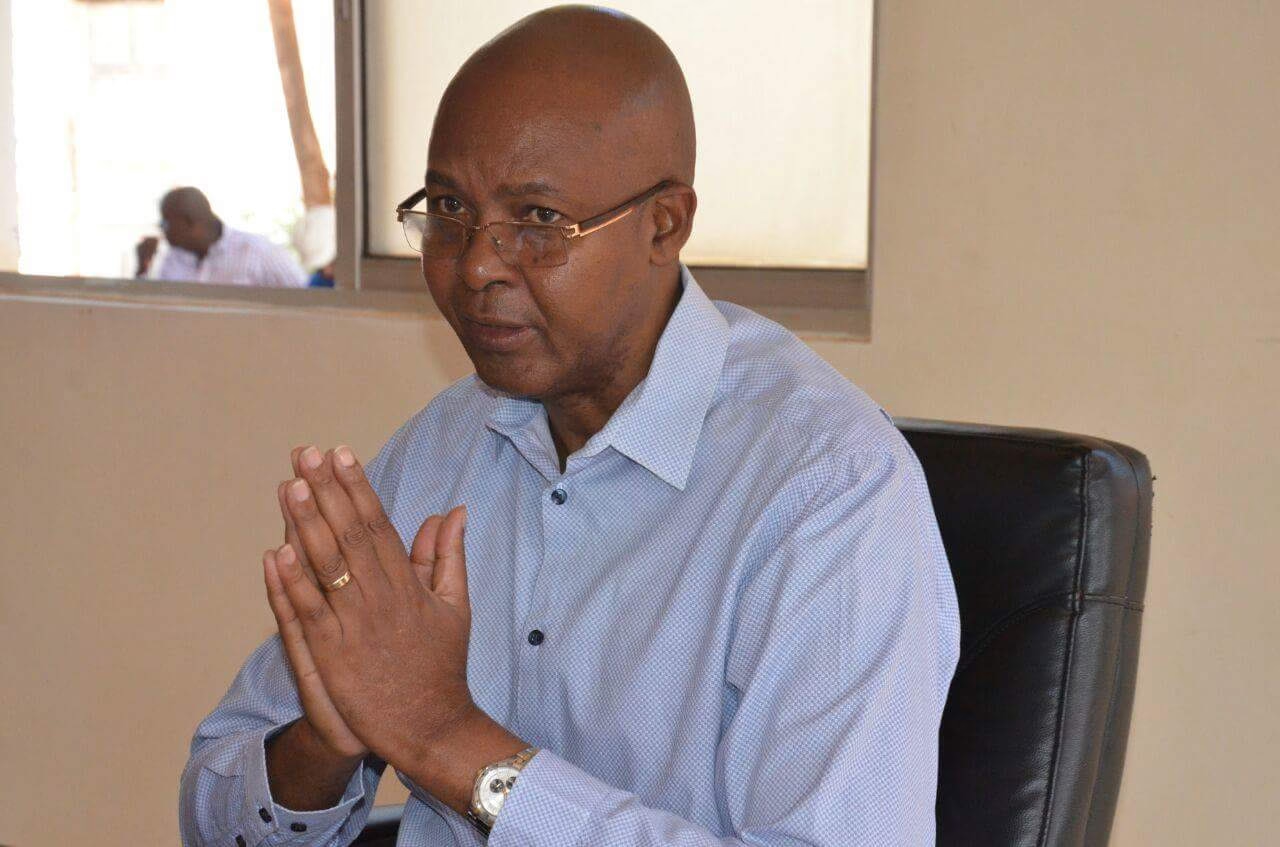
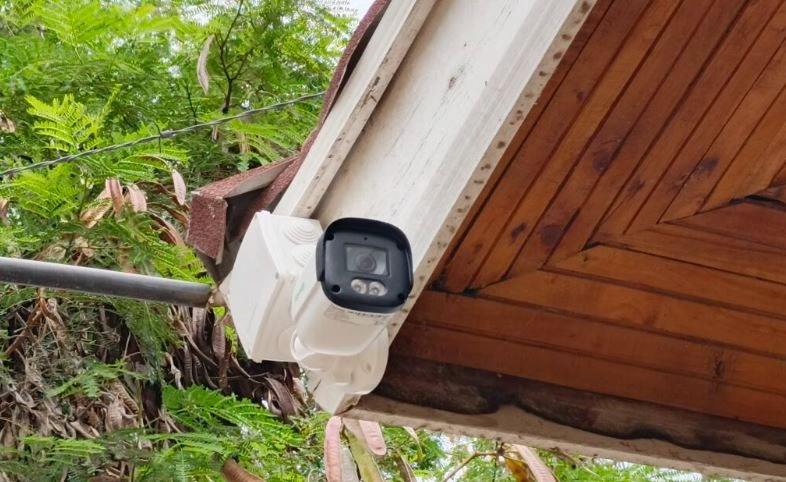

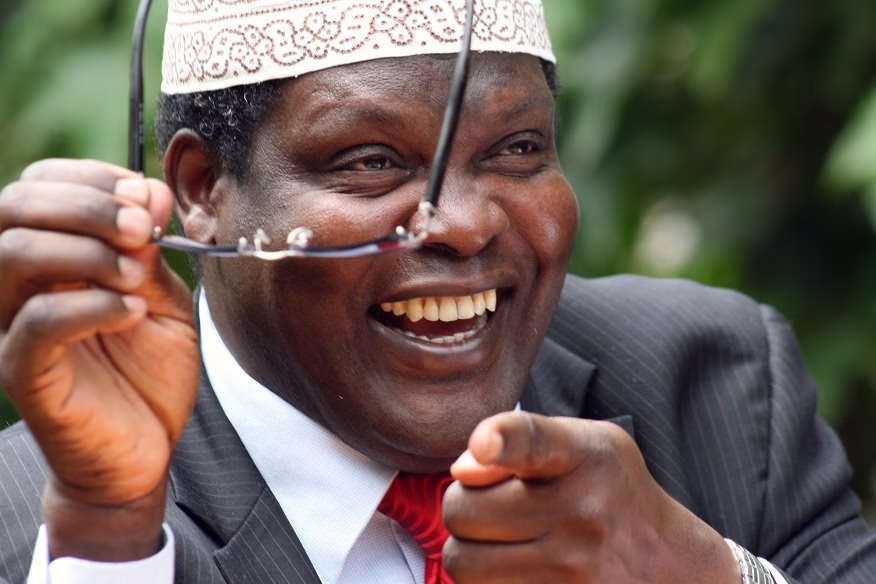


Leave a Reply